What is an LDR?
An LDR is a photoelectric device. LDR stands for Light Dependent Resistor also known popularly as photo-resistor.
Working Principle of LDR
The semiconductor material used to make an LDR (later discussed in this article) is such that in the absence of light, the resistance of material increases as shown in the figure below.
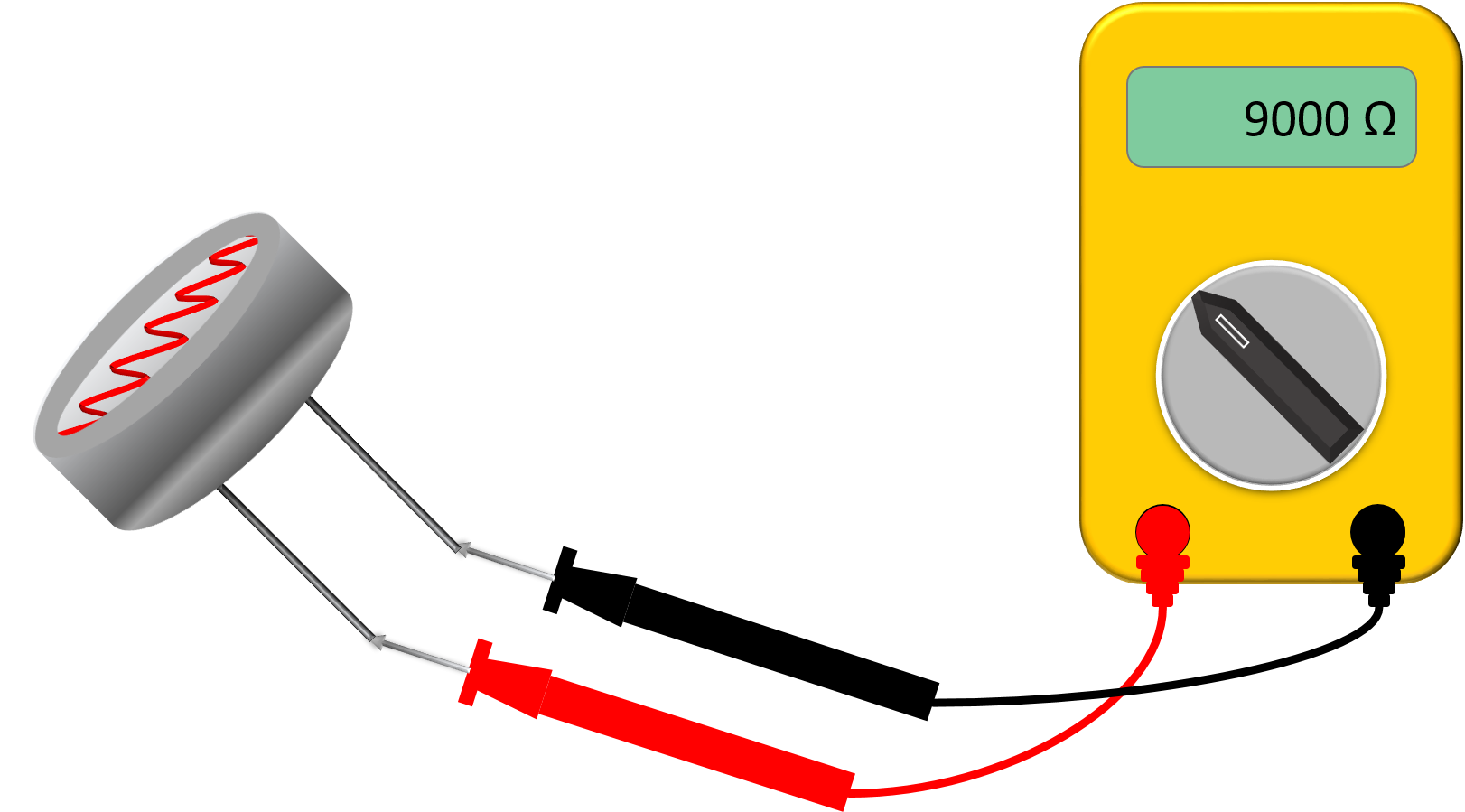
The resistance decreases as light strikes on it, as shown in the below figure. Providing power supply, allows the current to pass through the circuit.
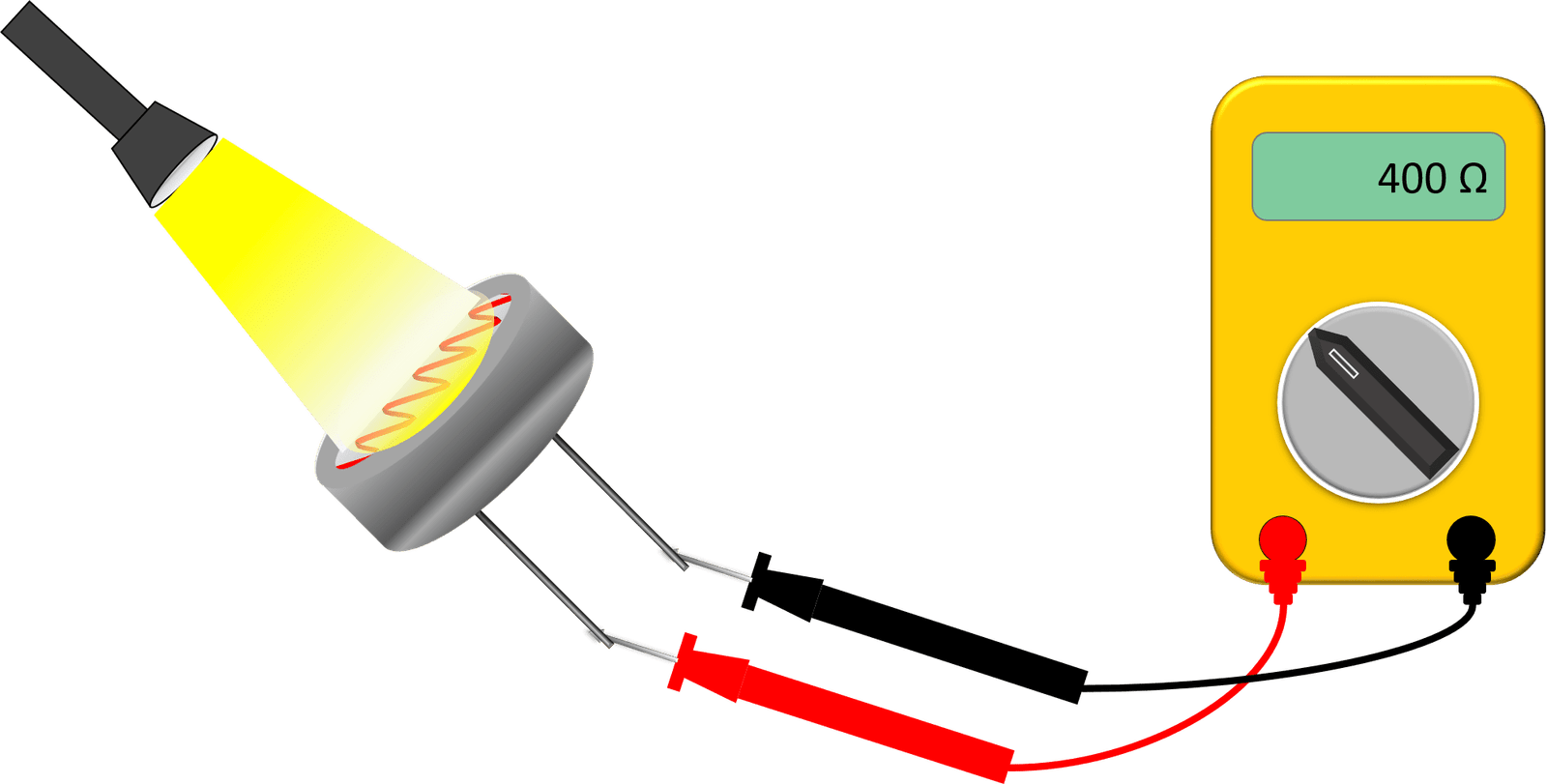
You may have question in your mind that why there is a change in the resistance due to the absence or presence of light. The answer is – in a normal state, semiconductors have few free electrons. When light strikes on it, the free electrons gain enough energy to move through the material. Hence, the resistance of a semiconductor material varies.
Reading the above lines, I know what you may be thinking. You may be thinking that from where this energy comes. How simply light is giving energy?
Well, the answer to your above queries is ‘photo effect’. Albert Einstein discovered that light striking on material surface is not only in form of waves. There must be tiny particles accompanying the waves. For this discovery in the year 1905, Einstein awarded noble prize. These particles are now popularly known as ‘Photons‘.
The energy of a single photon is given by,
E=hf
Where,
E = energy of photon
f = frequency of light
h = Planck’s constant
When a photon strikes on the material surface part of its energy is used to release an electron from material surface and remaining is used to impart kinetic energy to the electron.
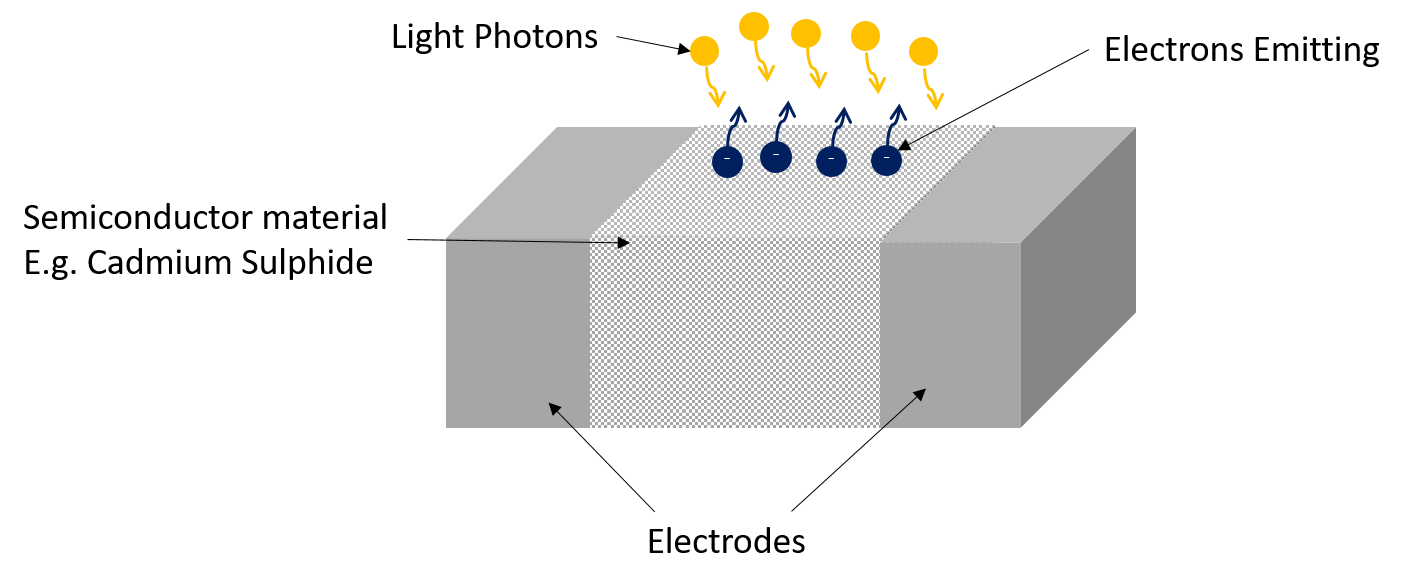
Construction of an LDR
The energy of a photon is very small. Hence, we must have a material that can work with such a small amount of energy. Few materials have such properties.
Two of them are Cadmium sulfide and Cadmium selenide. Both this material’s resistance changes as light are incident on it. Most commonly known material to make an LDR is Cadmium Sulfide.
Highly purified Cadmium sulfide in powder form mixed with a binding agent. Further, it is compressed and heated. The mixture becomes like a lump. It is then sandwiched between two electrodes in serpentine shape or zigzag shape as shown in the below figure. This disc is then either encapsulated in transparent resin or encased in glass in order to protect cadmium sulfide from contamination by the atmosphere.
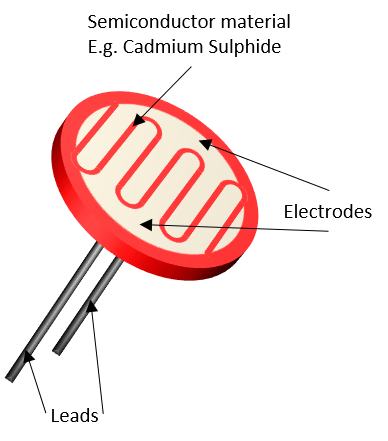
Applications
You can find an LDR in various circuits. I am including a few of them.
Simple Automatic Room Lights Control

In the above circuit, LDR is responsible for detecting light. Whenever Light falls on LDR the resistance of LDR decreases and transistor BC107 turns ON. Due to this, the transistor collector goes low which turns OFF transistor 2N3053. In the darkness, the collector of BC107 goes high and due to that transistor 2N3053 turns ON and turns ON the bulb. The above circuit can control room lights.
Automatic Street Lights ON or OFF
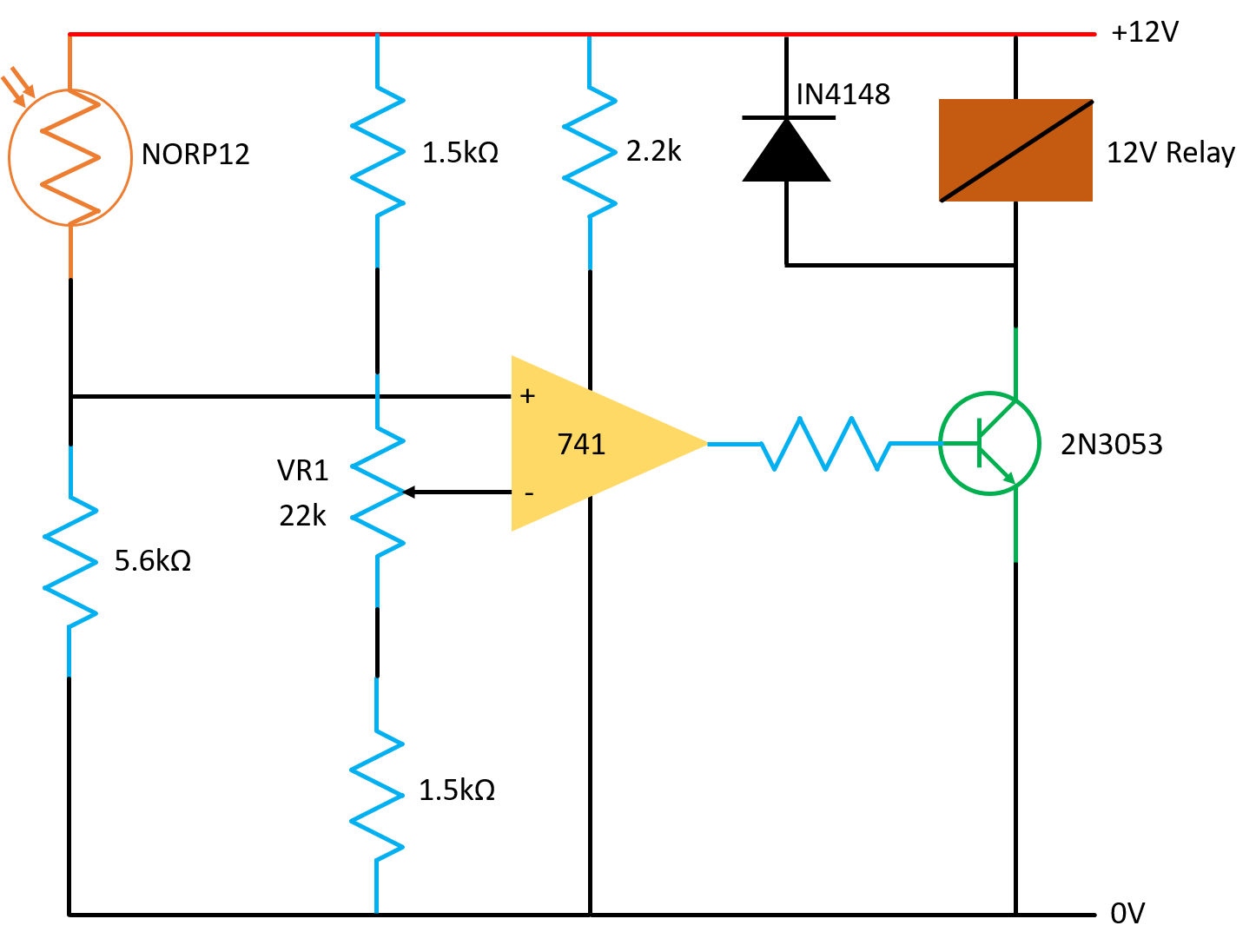
This circuit is more accurate and used for street lights control during sunrise or sunset. The circuit is very simple to understand. The op-amp acts as a comparator. It compares the voltage level at inverting and non-inverting pin and depending on that generates the output. The voltage level at the non-inverting pin depends on LDR resistance which decreases during day time and increases during night time.
Other applications of LDRs are:
- Automatic shutter control of the camera.
- Brightness control of TV screens and mobile screens.
Advantages
- The cost of the LDRs is very less and is easily available in the market.
- Connecting LDR in the circuit is very easy.
Disadvantages
- LDRs are sensitive to temperature. High temperature can result in abnormal behavior of an LDR.
So this all about LDRs. You can ask me anything in the comment section related to this article. I would try to resolve your query.


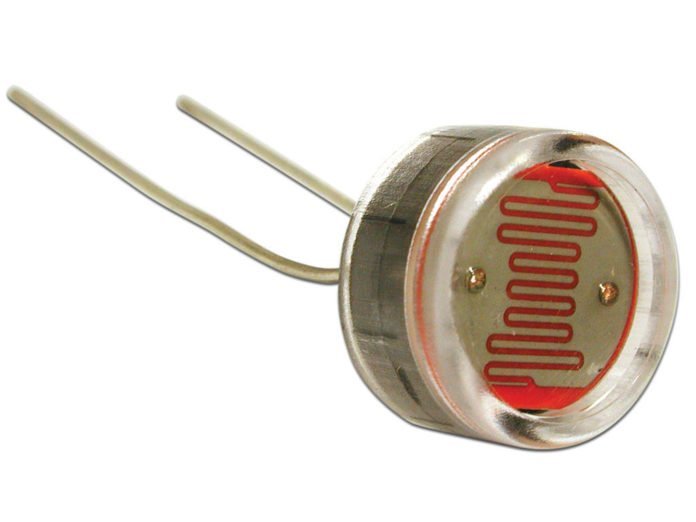




Hello, I’m allowed to take pictures for my mid-semester test, thank you, good luck
Glad to hear that. I would be obliged if you give credits.
Thanks again…